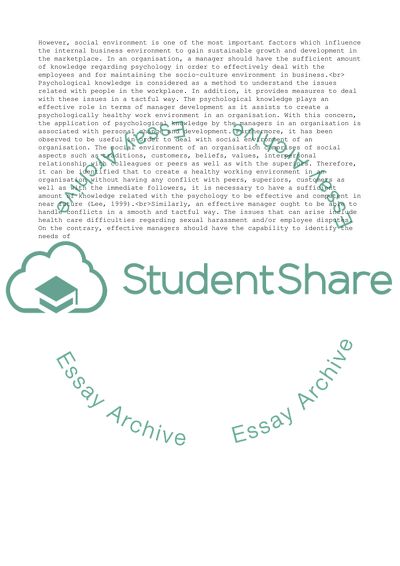Cite this document
(Managing organisation Essay Example | Topics and Well Written Essays - 1750 words, n.d.)
Managing organisation Essay Example | Topics and Well Written Essays - 1750 words. https://studentshare.org/management/1768099-managing-organisation
Managing organisation Essay Example | Topics and Well Written Essays - 1750 words. https://studentshare.org/management/1768099-managing-organisation
(Managing Organisation Essay Example | Topics and Well Written Essays - 1750 Words)
Managing Organisation Essay Example | Topics and Well Written Essays - 1750 Words. https://studentshare.org/management/1768099-managing-organisation.
Managing Organisation Essay Example | Topics and Well Written Essays - 1750 Words. https://studentshare.org/management/1768099-managing-organisation.
“Managing Organisation Essay Example | Topics and Well Written Essays - 1750 Words”. https://studentshare.org/management/1768099-managing-organisation.


